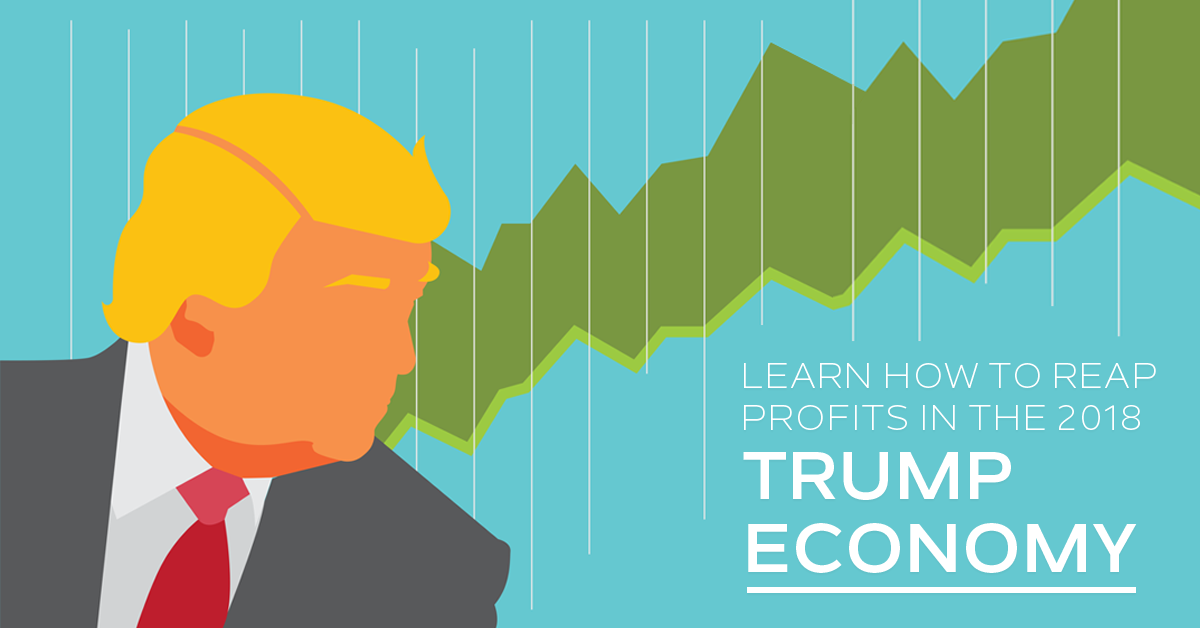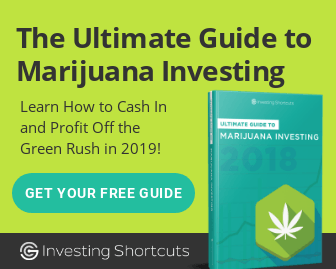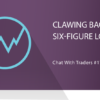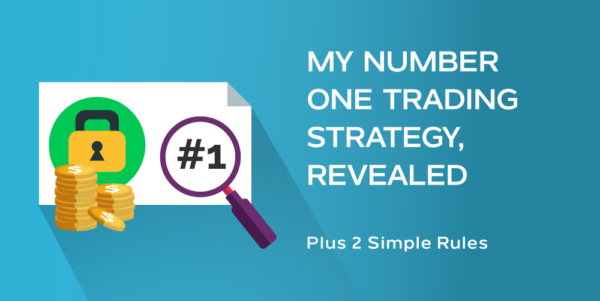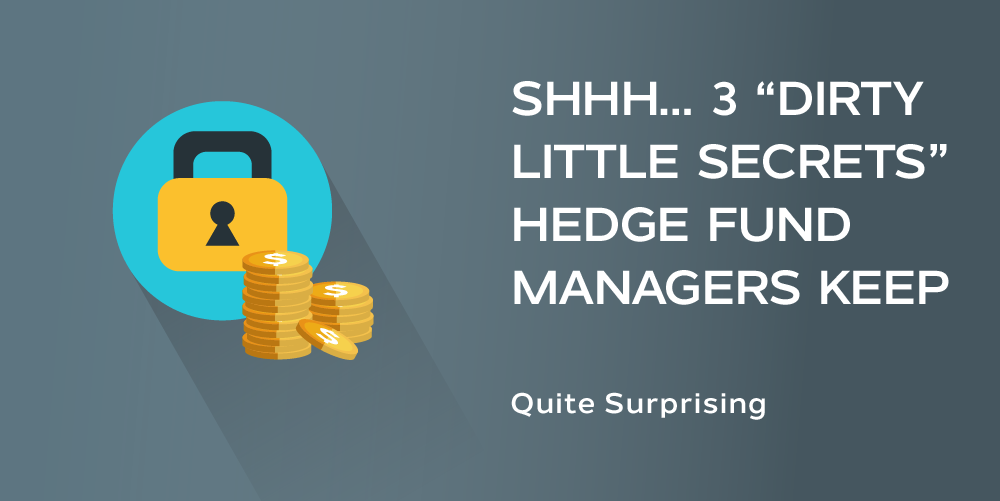
It’s a rigged game, and they know it!
If you’re an individual counting on a fair and level playing field for your retirement investments, I’ve got some disappointing news.
You probably already knew, but our current markets are anything but “fair.” In fact, the game is skewed toward the ultra-affluent and the Wall Street managers who handle their wealth.
Today, I want to let you in on a few of the dirty little secrets that I saw during my time as a hedge fund manager, and also let you in on the most important commodity that fuels these investors’ success.
I’ll bet you’ll never guess what it is!
#1: A Secret Play to Double Their Dividends
Hedge funds typically have hundreds of millions (if not billions) to invest for their clients.
And with special rules allowing these funds to invest on “margin” — borrowing even more funds and investing the cash in even bigger positions — these funds can buy even MORE shares of stock!
One of the tricks that I’ve seen hedge funds use with all of the cash they hold is a method that profits when individual investors make forgetful mistakes.
The strategy involves buying massive amounts of dividend stocks, and then selling special call option contracts for these shares.
Hedge funds are counting on “little guy” investors who own the call options to forget about the dividend. If these investors don’t take a specific action before the dividend is paid, hedge funds essentially double their dividend payments — at the expense of individual investors.
Do this with enough shares, (and remember, hedge funds can borrow money to buy huge short-term positions), and the strategy can add some serious profits in very little time!
This “double dividend” trick may be a little shady, but it’s got nothing on the next dirty trick some hedge fund managers play…
#2: Millions in Tax Benefits — At The Expense of Investors!
There are supposedly two things you can count on this life — death and taxes.
But some hedge fund managers have found an ingenious (or sinister) way of avoiding taxes on their investment gains.
Here’s how it works…
An entire fund will generate investment gains throughout the year. Some will be short-term gains which are typically taxed at higher rates, and some will be long-term gains that are taxed at lower rates.
Once the year is finished, an accounting firm will divvy up all of the gains and losses and assign them to investors in the fund. Keep in mind, the managers of the fund are typically some of the biggest investors.
I’ve seen many funds give preferential treatment to the managing partners of the fund, giving them a larger portion of long-term gains, while “normal” investors are saddled with the short-term gains that carry higher taxes.
In some cases, IRA investors in the fund that do not pay taxes wind up collecting the biggest share of short-term gains. But this doesn’t hurt them because IRA accounts don’t have to pay taxes on the year-by-year gains.
This allows the taxable investors in the fund to effectively dodge the IRS for a large portion of the taxes they would have been charged. And while this practice is technically “legal,” I’m sure you can see how some unscrupulous hedge funds use this loophole to fleece their investors and keep more money in their own pockets.
Now here’s one of the most unsavory secrets that hedge fund managers don’t want you to know about…
#3: Soft Dollars and the “Information Edge”
We all hate paying commissions on our stock trades…
What if I told you that some hedge funds intentionally pay higher commissions when buying or selling shares? Why would they do this?
Back when I was working as a hedge fund manager, there was a big loophole that managers used — and often abused — to pay for expenses.
The loophole is known as a “soft dollar” account that hedge funds set up with a brokerage company.
After setting up this account, hedge funds intentionally pay higher commissions for trades, and the broker sets aside any extra commissions into this account.
So for example, a hedge fund might be able to trade for a penny per share. But instead, the fund pays 3 cents per share. So every time the fund trades 500,000 shares, the extra commission of $10,000 is put into an account for the hedge fund manager to use.
Technically, the extra $10,000 (or much more in many cases), is supposed to be used for research expenses. But in many cases these “research” expenses included luxury vehicles, penthouse apartments, and other lavish expenses hedge fund managers had.
After all, you have to be able to drive a nice car and stay in a nice place when you’re on a “research” expedition right?
At worst, this soft dollar arrangement was a way for hedge fund managers to take money that should have belonged to investors and use that money for personal perks.
But even at best, this practice gave hedge funds an unfair advantage when it came to information they had on specific stocks.
It’s amazing how much you can find out about a company, an industry, or the prospects for different stocks if you have a ton of money to buy that information. Access to the best Wall Street minds, logins and passwords to the most powerful information technology, and payments for information that simply isn’t available to common investors is a powerful advantage when it comes to generating higher returns and booking lucrative profits.
When it comes to your investments, the old phrase “knowledge is power” has never been more true. And hedge funds, with more and more ways to acquire that knowledge, have an unfair advantage in today’s market.
But don’t worry, I’m on your side now. And I’ll keep you posted on anything that can give you an edge in today’s market.
Post originally appeared on Daily Reckoning.
